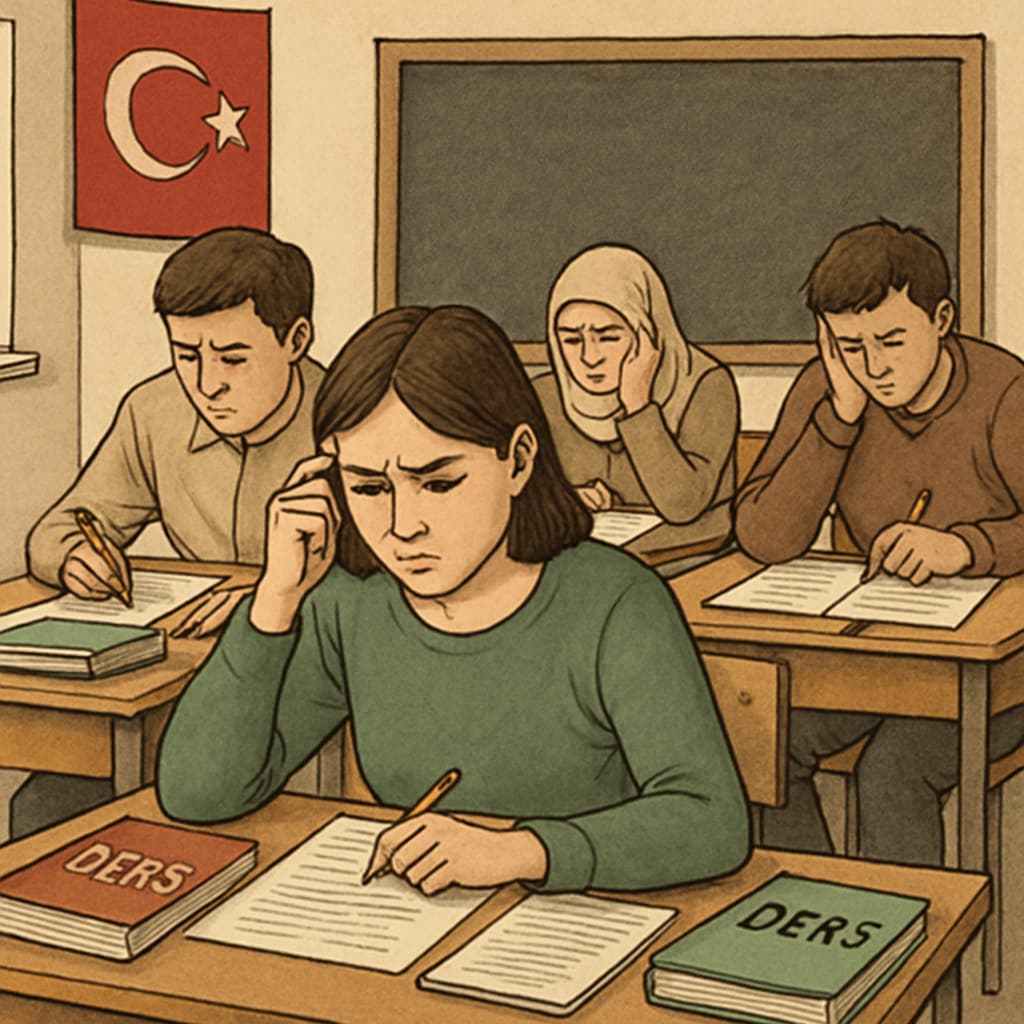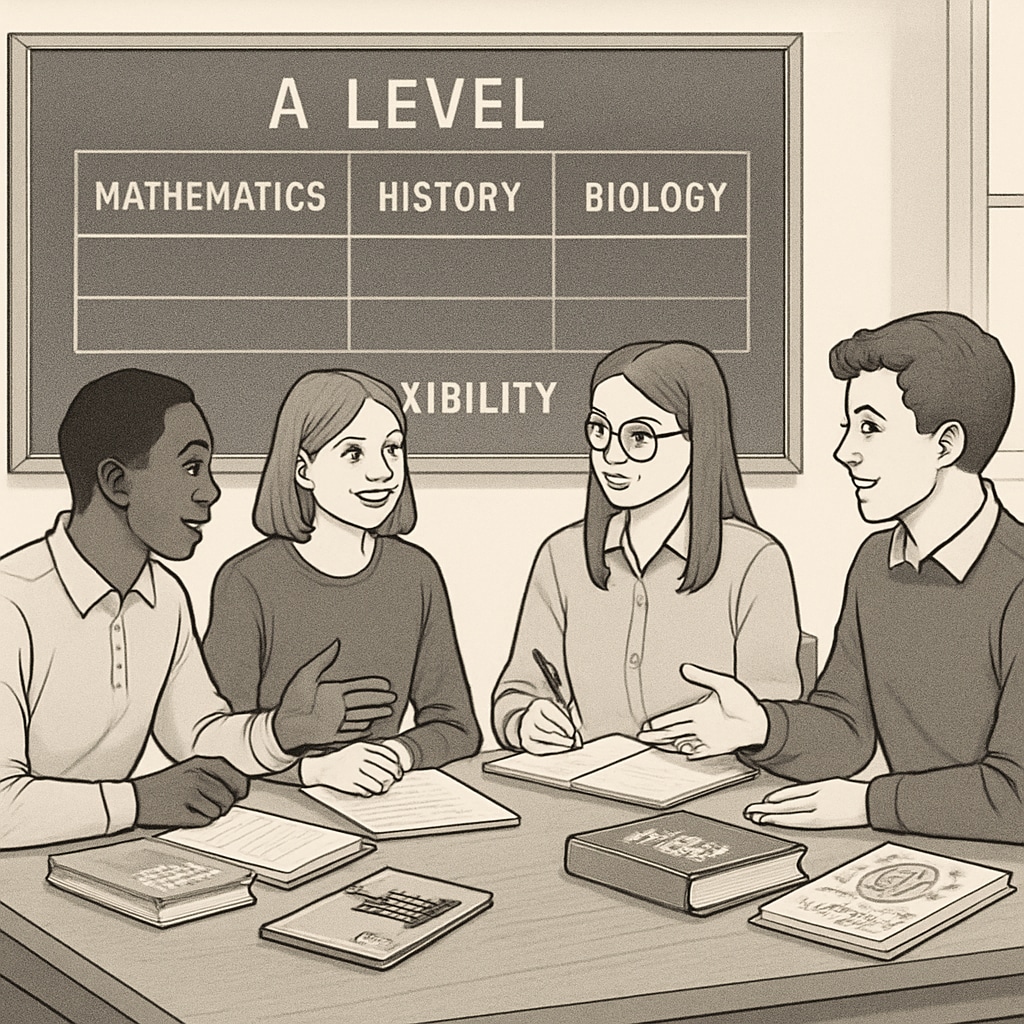The global education landscape is diverse, with systems ranging from rigid, exam-oriented structures to models that prioritize student interest and flexibility. In this context, the comparison between Turkey’s exam-driven education system and the UK’s A Level approach illuminates significant differences in fostering student creativity and motivation. While Turkey’s system emphasizes standardized testing, leaving little room for individual interests, the UK’s A Level model offers students the autonomy to choose subjects they are passionate about, encouraging holistic development.
The Rigidity of Turkey’s Exam-Oriented Education System
Turkey’s education system is largely shaped by high-stakes, standardized exams such as the LGS (High School Entrance Exam) and YKS (University Entrance Exam). These tests determine a student’s academic trajectory, placing immense pressure on students to perform well under restrictive conditions. Consequently, the focus shifts from cultivating curiosity and creativity to mastering exam techniques and rote learning. According to a study by the Turkish Education Association, excessive reliance on standardized tests adversely affects students’ emotional well-being and limits their intellectual growth.
Moreover, the system’s rigidity leaves little room for exploration or personalized learning. Students are often forced into pre-determined tracks based on their exam results, which may not align with their interests or strengths. This lack of flexibility can lead to disengagement and burnout, impacting long-term academic and personal success.

The Flexibility of the UK’s A Level Model
In stark contrast, the UK’s A Level education system emphasizes student choice and flexibility. Students typically select three to four subjects based on their interests, career aspirations, or academic strengths. This autonomy allows them to focus deeply on areas they are passionate about, fostering intrinsic motivation and a stronger sense of ownership over their education. For example, a student interested in sciences can choose subjects like Biology, Chemistry, and Physics, while another with a flair for the arts can opt for Literature, History, and Drama.
The A Level model also encourages critical thinking and independent learning. Unlike standardized exams, A Level assessments often include coursework, practical evaluations, and essay-based exams, promoting a more comprehensive understanding of the subjects. According to an analysis by Britannica, this system not only prepares students for university-level education but also equips them with skills applicable in real-world scenarios.

Why Student Interest Matters in Education
One of the fundamental differences between these two systems lies in their approach to student interest. Turkey’s exam-oriented model often sidelines personal interests in favor of performance metrics, while the UK’s A Level system places student interests at the forefront. Research from Wikipedia shows that interest-based learning significantly enhances student engagement and retention of knowledge.
Focusing on student interests can lead to improved mental health, greater academic achievement, and better career outcomes. For instance, students in the UK who select subjects they genuinely enjoy are more likely to excel academically and pursue fulfilling careers. In contrast, Turkish students may struggle to find passion in their studies due to the overwhelming emphasis on exam preparation.
Lessons for Educational Reform
Turkey’s education system could benefit from adopting elements of the UK’s A Level model. Introducing flexible subject selection and reducing the weight of standardized testing could alleviate exam pressure and empower students to follow their interests. In addition, incorporating diverse assessment methods—such as project-based learning and group collaborations—could foster creativity and critical thinking.
While such reforms may face logistical and cultural challenges, the long-term benefits for student development and societal advancement make them worthy of consideration. Education systems must evolve to prioritize student interests and holistic growth, ensuring that learning becomes a transformative experience rather than a mere race to achieve high exam scores.
Readability guidance: This article uses concise paragraphs, clear transitions, and varied sentence structures to ensure readability. Lists and images are strategically placed to break up text and enhance engagement.


